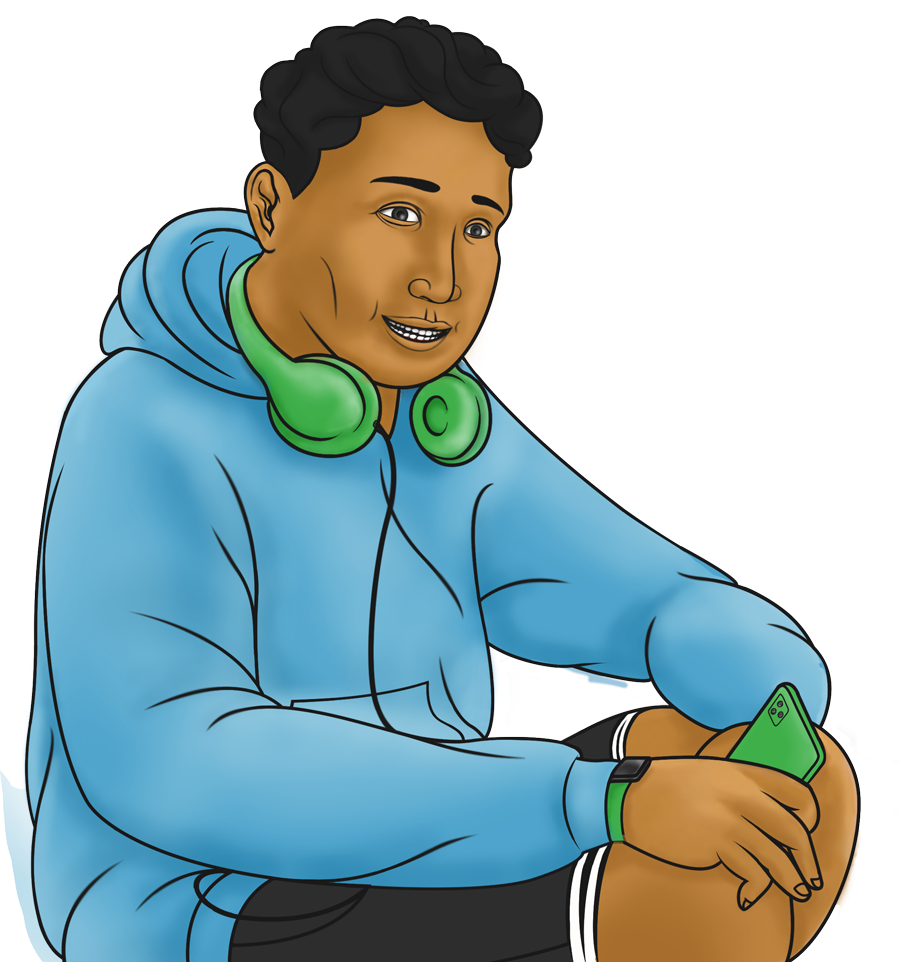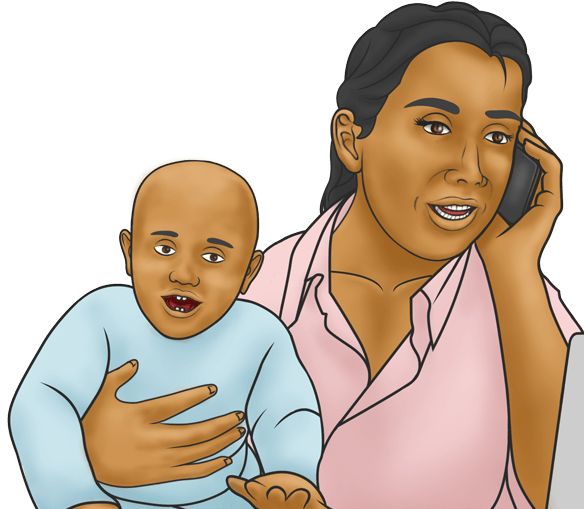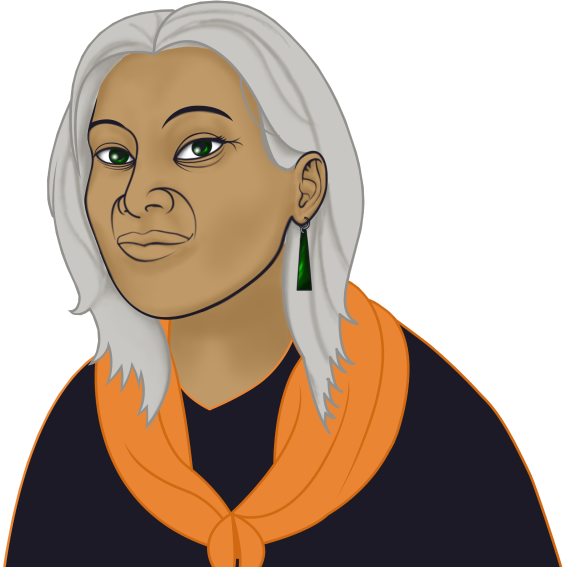Tairāwhiti Wellbeing Survey data insights can be used to support our whānau, communities and organisations to better understand what the wellbeing of our region looks like.
High Level insights
The first wellbeing survey closed in December 2022, before Cyclone Gabrielle and other severe weather events hit the region. The 2023 survey was completed at the end of last year. Over this time, concerns about the economy and environment have grown markedly.
Across economic indicators, confidence is down. For example, 36% say Tairāwhiti is not a good place to start or run a business, up from 24% in 2022, while 39% of people don’t believe Tairāwhiti has diverse employment opportunities, up from 29% the year before.
Te Reo proficiency is significantly higher than the national average.
Financial strain is clear, with 37% of the population having not enough or just enough money each month.
More than half of respondents don’t believe our economy will be more diverse and resilient in the future. This is up from 41% in 2022.
Residents report a strong sense of community, with social support in times of need remaining far better in Tairāwhiti than the national average.
Almost three quarters of the population don’t believe housing will be more affordable in the future.
Over a wide range of demographics, 42% of respondents have experienced discrimination.
When asked about the impact of climate change on Tairāwhiti and its residents, 73% of respondents said they are “worried” or “very worried”, a big jump from 56% in 2022.
Insights by age group

Age 15 - 24
Our young have high Te Reo proficiency, with a strong sense of belonging and connection to their cultural heritage. They tend to be more hopeful than other age groups about the future of the environment.
They believe Digital & Technology and Tourism sectors offer the best economic opportunities, suggesting a strong interest in finding jobs in these sectors.
However, 41% report financial strain, with lower life satisfaction, sense of control and ability to express who they are. This indicates a disconnect between job income and opportunities, and their current situation. High rents, poor housing, the cost of living, and low entry-level wages could all be contributing factors.

Age 25 – 44
This group is the most likely to be suffering from burn out, as they juggle work, family and financial pressures. They report the poorest overall wellbeing in the region, with lower life satisfaction, sense of control, family and financial wellbeing. This is concerning, especially since they are also the main parental group.
They are highly engaged with environmental issues and are frustrated about the lack of progress in these areas.

Age 45 – 64
Overall, the wellbeing of this group tracks close to the regional average. They enjoy robust support networks and are less lonely than many others. These strong social connections help buffer their lives against stress and contribute to overall wellbeing.
This group is worried about the future of their community, and local decision making.

Age 65+
This group generally reports above average wellbeing compared to others.
They are more likely to own a home and report better material and financial wellbeing, with secure family relationships and a greater sense of control over their lives.
They have the lowest Te Reo proficiency, and tend to be less worried about the environment compared to younger age groups.